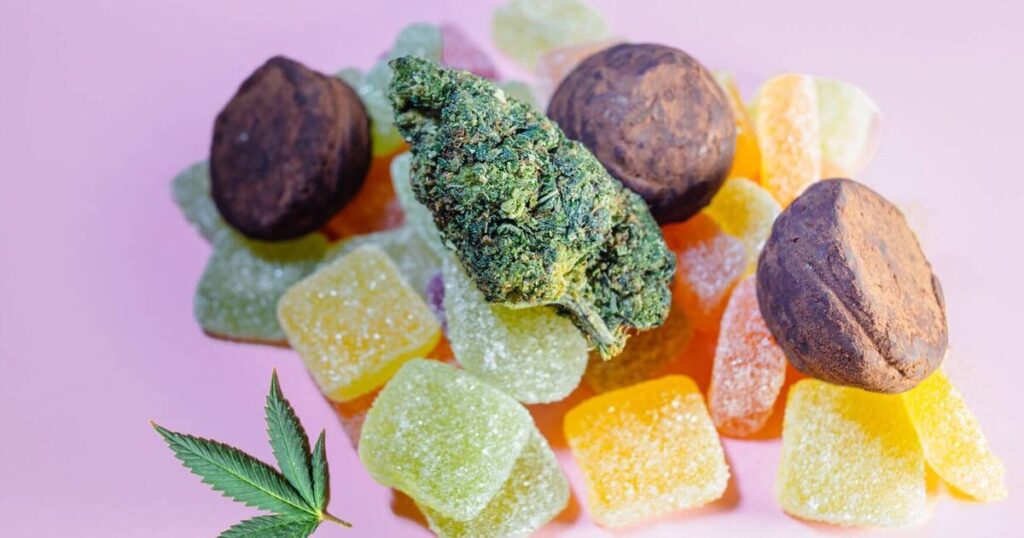The classification of hexahydrocannabinol (HHC) as an illegal drug, agreed by Cabinet on Tuesday, means the import, export, production, possession, sale, or supply of products containing HHC is now illegal, giving added powers of enforcement to gardaí.
Addiction experts and youth workers welcomed the move but said enforcement, vigilance, and a swift response by Government to new drug trends will be vital.
Former lord mayor of Cork and now youth services manager with Cork Education and Training Board, Mick Finn, said:
Mr Finn held a forum on heroin use in Cork while in office and has called for controls on HHC products.
“The big challenge will be enforcement, to ensure that certain shops can’t stock these products anymore,” he said. “HHC products were having a big impact on the ground, and it was reflected in all the stats, so Government and all the relevant agencies need to be more vigilant and responsive to any new trends that emerge from this ban.”
Highly addictive and widely available, HHC is a semi-synthetic cannabinoid that has similar effects to cannabis and has been commonly sold as e-cigarettes or vape pens, in herbal mixtures, oils, edible jellies, and cakes, and as tinctures.
Since it was first detected in Ireland in 2022, it has been linked with episodes of psychosis and hospitalisation, including one incident at a secondary school in North Cork in late 2023 when four teenagers were hospitalised after falling ill — one of at least 20 similar incidents reported at schools and in recreational settings across the country that same year.
A recent ‘Irish Examiner’ investigation highlighted the ease with which people, including children, could buy products containing HHC.
It also detailed how a 12-year-old child in Clonakilty, West Cork, could not remember his mother’s name, while another had to be admitted to a psychiatric hospital after vaping the cannabinoid.
A recent study by researchers in University Hospital Galway also found that HHC was the second most common drug used by patients presenting with psychosis over a 21-month period.
Consultant psychiatrist Colin O’Gara warned earlier this year that HHC can have devastating effects on a young person’s mental health, and that young men suffering from severe psychosis as a result of vaping HHC have required months of intensive treatment in in-patient settings.
HHC has now been classified as an illegal drug after health minister Jennifer Carroll MacNeill brought a memo to Cabinet on Tuesday seeking to have it categorised as a Schedule 1 controlled drug under the Misuse of Drugs Act 1977.
It is one of 14 substances, including synthetic opioids and semi-synthetic cannabinoids, newly classified as controlled drugs, after the EU and the UN Commission for Narcotic Drugs identified them as posing a serious risk to public health.
Addiction counsellor Michael Guerin welcomed the ban but warned that the trade will now go underground.
“It is a positive development because there has been nothing heretofore,” he said.
“Now, it’s up to the authorities to enforce the legislation.
“The banning of head shops was successful, and I hope the same will happen with HHC.
“The concerning thing about these HHC products was that they seemed to be aimed at the very young, and any research into mood-altering substances in adolescents shows that the effects are more profound, and predisposes them to more serious problems later on.
“But the people making money out of HHC won’t go away because of this. But it’s better the substances are on the list than not on the list.”


